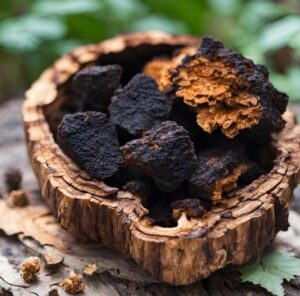
Poison ivy is a plant many of us dread — just brushing against it can lead to red, itchy rashes that seem impossible to soothe. But is poison ivy actually contagious? Can it spread from person to person, or is the fear bigger than the reality? Understanding the truth can help you protect your body and reduce stress on your system.
The irritation from poison ivy comes from urushiol, an oil found in the leaves, stems, and roots of the plant. This oil triggers the body’s immune response, causing redness, swelling, and intense itching.
Important points:
If you touch poison ivy, wash the affected area with gentle soap and cool water as soon as possible. Also, launder clothing and clean tools to remove urushiol.
Dogs and other animals can carry urushiol on their fur. Wash your pet after they’ve been in wooded or grassy areas.
Scratching does not spread the rash to others, but it can worsen irritation and slow healing. Instead, soothe your skin with cool compresses or calming botanical creams.
Poison ivy can be stressful for the body. Support healing by:
Most poison ivy rashes heal within 1–3 weeks. However, seek medical attention if:
Poison ivy is not contagious between people, but the urushiol oil can linger and cause reactions if it comes into contact with skin. Mindful washing